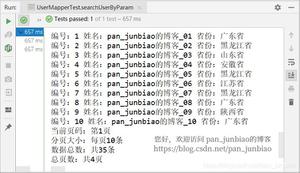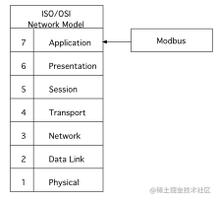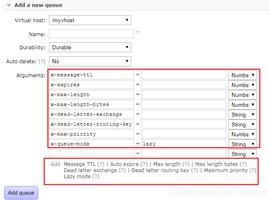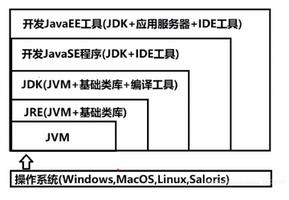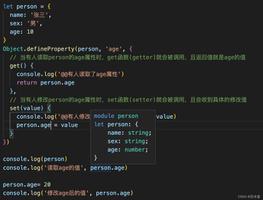java DelayQueue的原理浅析
在对DelayQueue延迟功能的使用上,很多人不能后完全理解延迟的一些功能使用,这里我们深入来挖掘一下DelayQueue的原理。
下面将从构造方法、接口、继承体系三个方面进行分析,需要注意的是,相较于其它的阻塞队列,DelayQueue因为延迟的功能多了接口的使用,一起来看具体内容。
1.构造方法
public DelayQueue() {}
public DelayQueue(Collection<? extends E> c) {
this.addAll(c);
}
构造方法比较简单,一个默认构造方法,一个初始化添加集合c中所有元素的构造方法。
2.接口分析
public interface Delayed extends Comparable<Delayed> {
/**
* Returns the remaining delay associated with this object, in the
* given time unit.
*
* @param unit the time unit
* @return the remaining delay; zero or negative values indicate
* that the delay has already elapsed
*/
long getDelay(TimeUnit unit);
}
Delayed 接口有一个getDelay方法接口,该方法用来告知延迟到期有多长的时间,或者延迟在多长时间之前已经到期,是不是很简单。
为了排序Delayed 接口还继承了Comparable 接口,因此必须实现compareTo(),使其可以进行元素的比较。
3.继承体系
public class DelayQueue<E extends Delayed>extends AbstractQueue<E>implements BlockingQueue<E>
到此这篇关于java DelayQueue的原理浅析的文章就介绍到这了,更多相关java DelayQueue的原理内容请搜索以前的文章或继续浏览下面的相关文章希望大家以后多多支持!
以上是 java DelayQueue的原理浅析 的全部内容, 来源链接: utcz.com/z/359197.html

